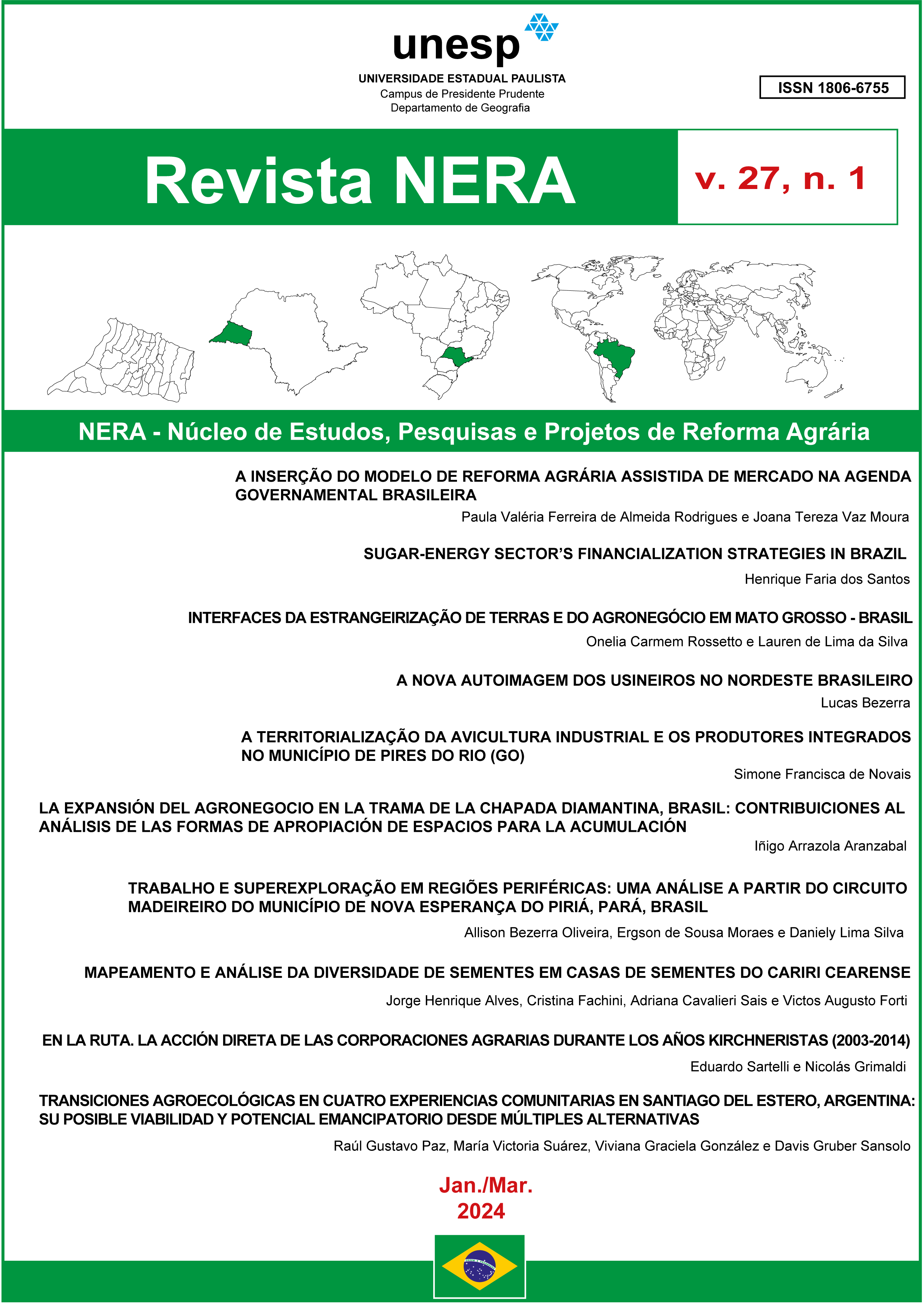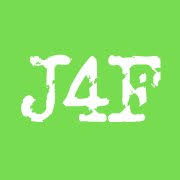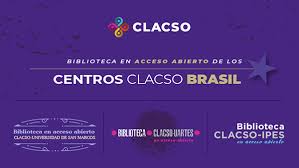Interfaces of the foreignization of land and agribusiness in Mato Grosso - Brazil
DOI:
https://doi.org/10.47946/rnera.v27i1.9795Keywords:
Estrangeirização de terras, Disputas territoriais, Vulnerabilidade socioambientalAbstract
The economic base of the State of Mato Grosso is associated with agribusiness and the production of agricultural commodities, corresponding to one of the main producing states in the country, as a correlate, agribusiness occupies a central place in political and economic decision-making, and has become one of the main interests of international capital, through multiple mechanisms of foreignization of land. Faced with this question, the main objective of this article resides in the description and analysis of the contemporary scenario of the foreignization of land, identifying the main international companies and seeking to clarify the mechanisms of acquisition and exploitation of the state territory. The methodological contributions resided in bibliographic research and documental research. It was concluded that in Mato Grosso, agribusiness and the foreignization of land follow a single path, large corporations, multinationals and/or Brazilian companies with foreign capital, territorialize themselves, feeding the agribusiness productive chain, as a correlate, the dynamics of Foreignization materializes unevenly, and culminates in the exclusion of less favored classes from access to land, in the expansion of social, economic and environmental vulnerabilities, also contributing to the increase in land disputes, food insecurity and negative environmental impacts.
Downloads
Downloads
Published
How to Cite
Issue
Section
License
Copyright (c) 2023 REVISTA NERA

This work is licensed under a Creative Commons Attribution 4.0 International License.
Os artigos publicados na Revista NERA devem seguir, obrigatoriamente, as diretrizes sobre ética e integridade na prática científica do Conselho Nacional de Desenvolvimento Científico e Tecnológico (CNPQ), disponíveis em seu sitio na internet (http://memoria.cnpq.br/normas/lei_po_085_11.htm). Em caso de infração às referidas diretrizes por qualquer texto publicado, o artigo será formalmente retirado de publicação, conforme a prática da comunidade científica internacional. A submissão de qualquer texto à Revista NERA implica na aceitação plena deste procedimento. As ideias e conceitos emitidos nos artigos são de inteira responsabilidade dos autores. Reforçamos que após a publicação do artigo o mesmo não será despublicado caso haja solicitação por parte dos(as) autores(as).
Lembramos que todos os manuscritos submetidos à Revista NERA são vereficados no software de similaridade "iThenticate". Os manuscritos com plágio verificado são automaticamente negados e os(as) autores(as) comunicados.
A licença utilizada pela Revista NERA é Creative Commons - Atribuição 4.0 Internacional (CCBY 4.0).
A política de arquivamento é a Licença LOCKSS.



















